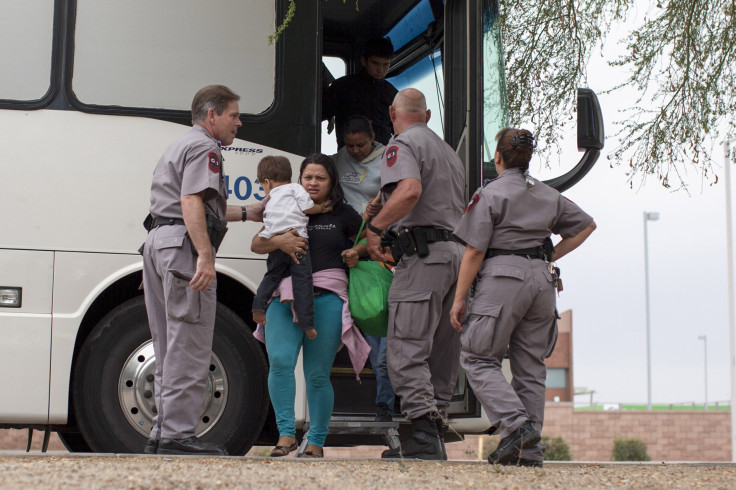
The Department of Justice announced Friday that it would provide some $2 million to hire about 100 lawyers and paralegals nationwide to represent unaccompanied minors who crossed illegally into the United States during their proceedings in immigration court. The new program comes days after the Obama administration declared the spike in numbers of children turning up at the southern border -- over 47,000 apprehended there in fiscal year 2014, with 60,000 expected this year in total and over 130,000 the following one -- an “urgent humanitarian situation” and tasked the Federal Emergency Management Agency (FEMA) with managing the crisis. In a statement accompanying the announcement, Attorney General Eric Holder called the new program “a historic step to strengthen our justice system and protect the rights of the most vulnerable members of society. How we treat those in need, particularly young people who must appear in immigration proceedings -- many of whom are fleeing violence, persecution, abuse, or trafficking -- goes to the core of who we are as a nation.”
Most of the children apprehended by the Border Patrol are coming from Central America, especially the Northern Triangle countries of Guatemala, Honduras and El Salvador. Many say they’re fleeing insupportable conditions back home -- poverty, surging crime and impunity, and lack of opportunity -- and some say they’re seeking to join family members already in the United States. The Washington Post reports that rumors that children won’t be deported once in the US may be encouraging them to leave, too. In reality, only about 40 percent of all those apprehended end up being granted the right to stay -- compared to the 24 percent of immigrant adults who were allowed to stay (though in some cases on a temporary basis) after being detained, according to TRAC’s figures for 2012.
But when adults try to fight their cases in immigration courts without legal representation, their prospects are much dimmer, especially if they remain imprisoned as they wait for their trial. As few as 3 percent of adults argue their right to stay in the country successfully, compared to almost three-fourths of those who had representation and who were released from detention as they waited for their case to come to court.
A coalition of legal-aid groups in New York City who last November unveiled the first publically funded program for immigrants facing deportation told the Latin Times that just under half of the 190 people it has been able to represent (about 20 percent of the total annual number) have identified a possible defense to deportation and are still fighting their case. Many who don’t have the benefit of a lawyer don’t even try -- only 5 percent of unrepresented, detained immigrants identify a possible defense to deportation, according to the Vera Institute for Justice, one of the groups in the coalition. Some 27 percent of those represented under the NYC program have won a release from detention as their cases proceed.
© 2025 Latin Times. All rights reserved. Do not reproduce without permission.





